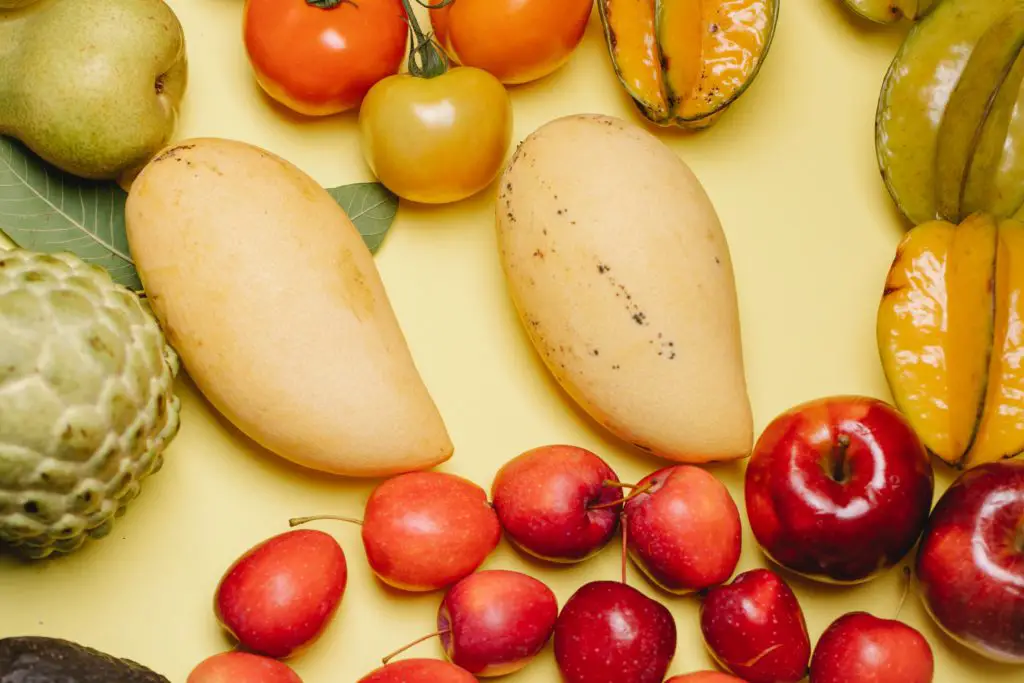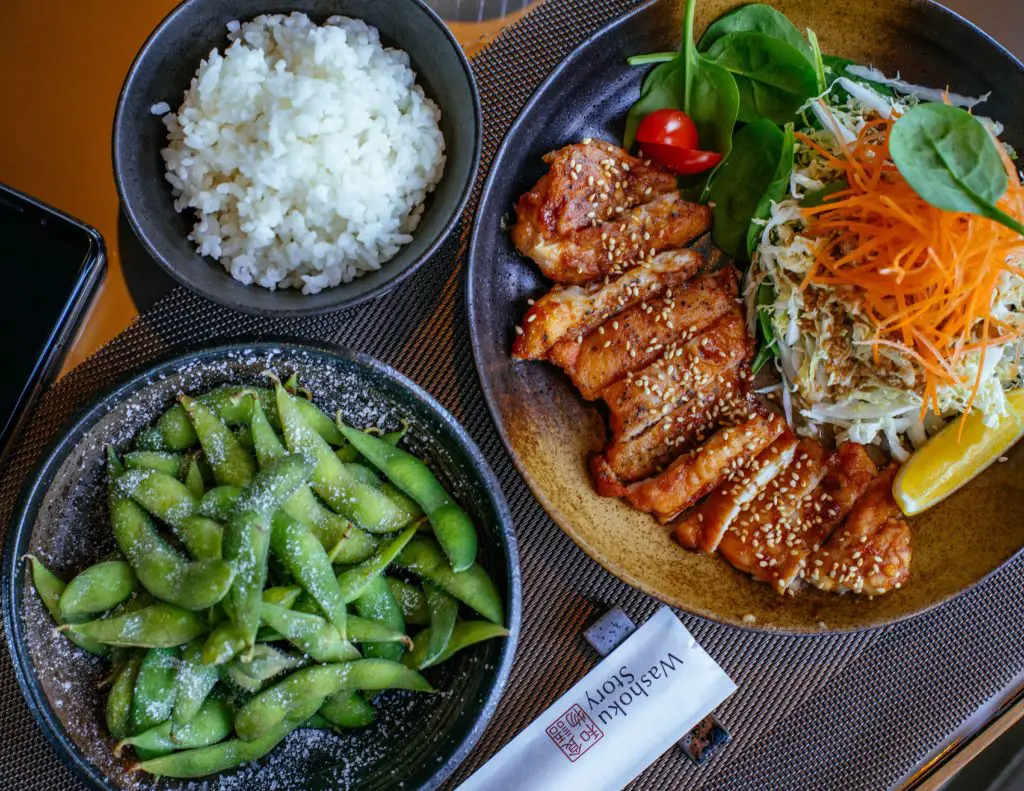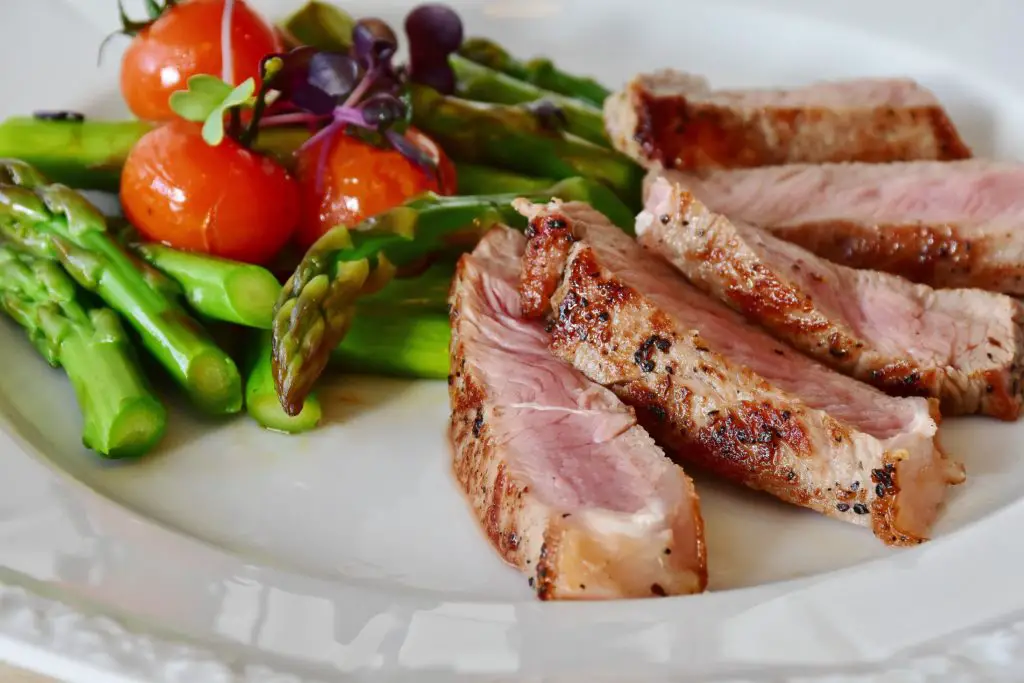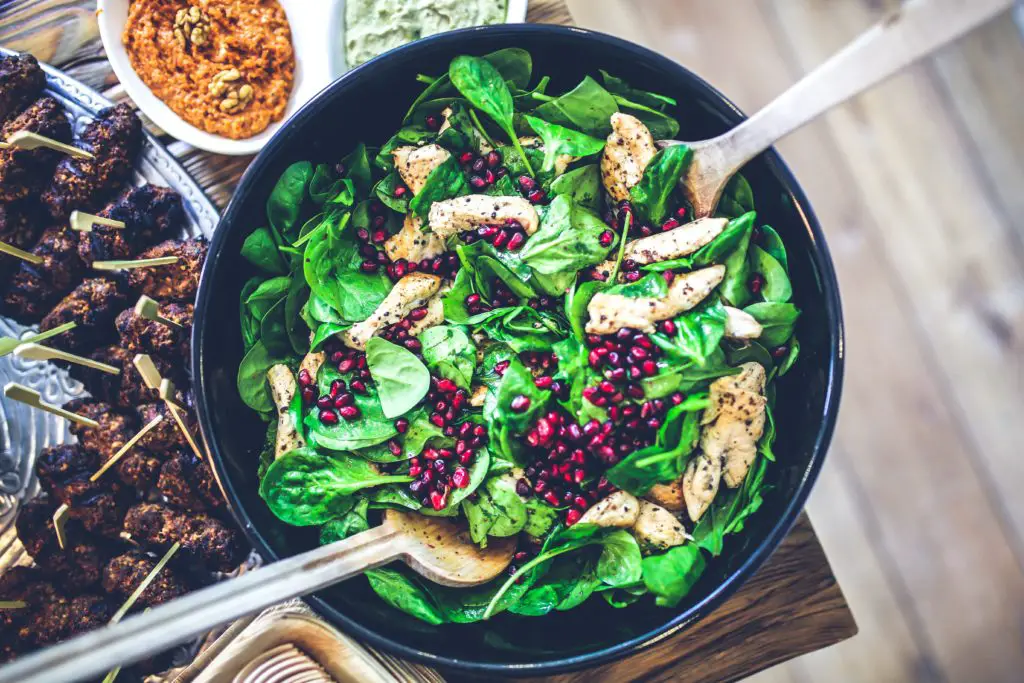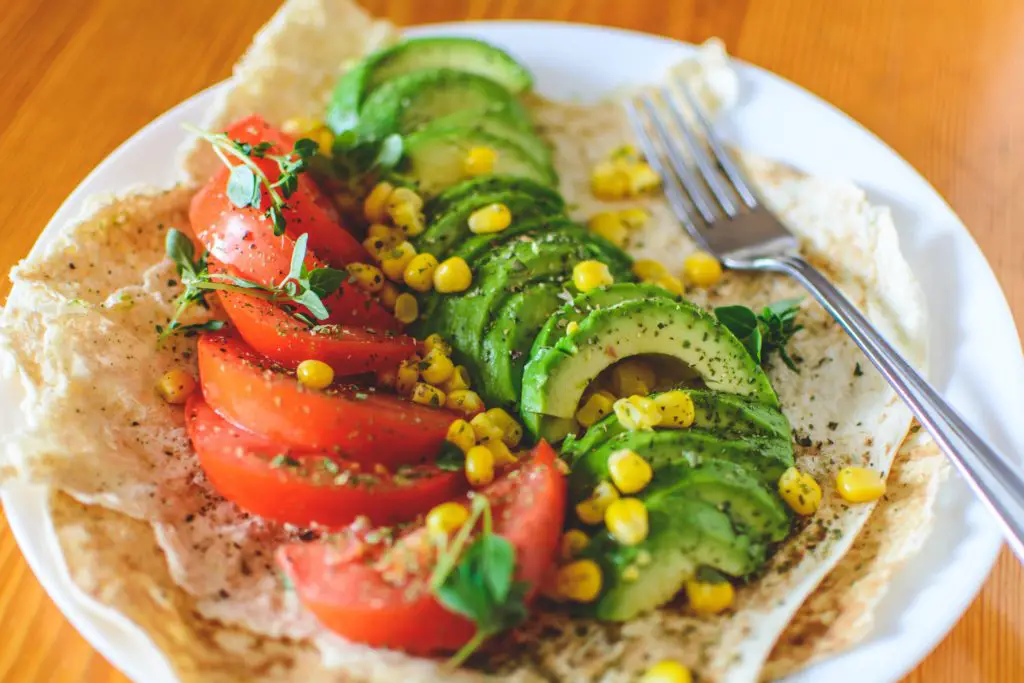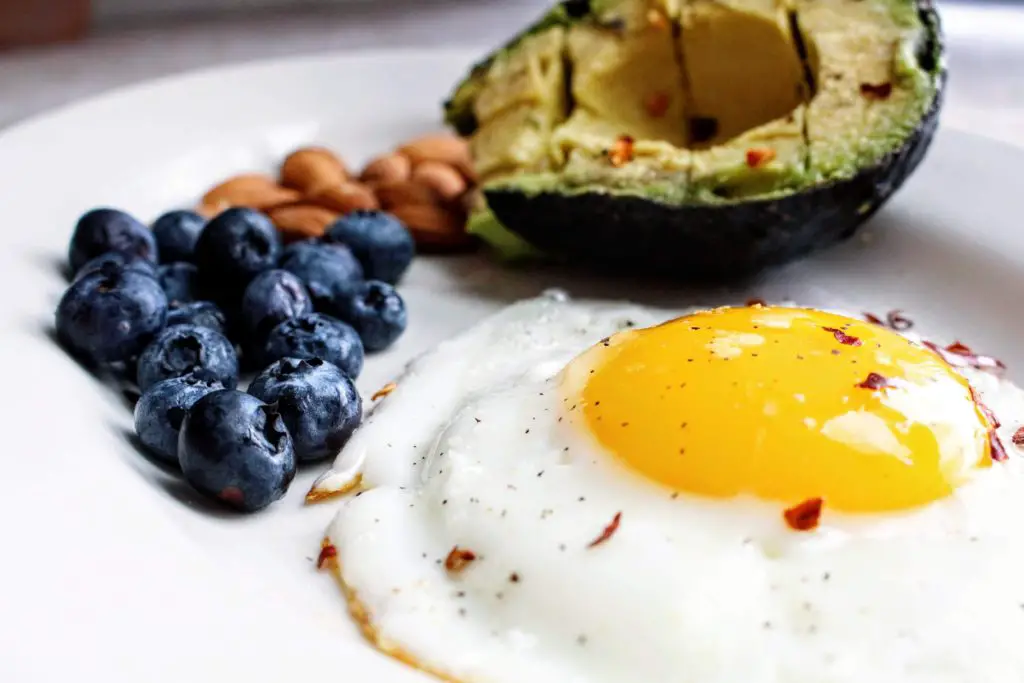What Is The Macrobiotic Diet?
Macrobiotics is viewed as a way of life, not simply a diet. The word “macrobiotic” is an amalgam of the Greek words “macro,” meaning “great” or “large,” and “bios,” meaning “life.” George Ohsawa, a Japanese writer and philosopher, who at age 19 shunned western medical treatment for tuberculosis, created an eating plan to improve his health that focused on brown rice and other whole grains, vegetables, beans, seeds, nuts and miso soup. It shunned refined and processed foods, sugar, and most animal foods. He derived his information from an 1897 book: A Method for Nourishing Life through Food: A Unique Chemical Food-Nourishment Theory of Body and Mind, which had been written by a Western-trained Japanese physician, Sagen Ishizuka. Ohsawa recovered and spent the rest of his life writing about and teaching what he called macrobiotic philosophy.
How Healthy Is The Macrobiotic Diet?
The macrobiotic diet hasn’t been widely endorsed by the medical community, but because it is based on plant foods and is low in fat and high in fiber, it should lower the risk of heart disease and some types of cancer. Elimination of refined and processed foods and greatly restricting intake of sugar are good ideas but claims that the diet can cure cancer or strengthen the immune system are unproved. On the downside, strictly eating the macrobiotic way can lead to deficiencies of a number of nutrients, including vitamins B12 and D. You will need Vitamin B12 and Vitamin D supplementation.
Popularity
Macrobiotic Diet is Ranked:
- No.6 diet in Best Diets for Diabetics (Tie)
- No.7 diet in Best Heart-Healthy Diets (Tie)
- No.9 diet in Best Weight-Loss Diets (Tie)
- No.9 diet in Best Plant-Based Diets
The diet became popular in the U.S. in the late 1960s and early 1970s. Reportedly, its popularity is now on the upswing due to increasing interest in plant-based diets.
General Principles Of The Macrobiotic Diet
Macrobiotic philosophy teaches that good health and long life depend on proper choices of food. The underlying principle is that whole “living” foods possess “abundant energy” and are required to balance the body and ward off disease. The diet emphasizes choosing natural, organically and locally grown whole foods, principally grains. Depending on the version of the diet you choose, cooking must be done in earthenware, cast iron or stainless-steel pots and pans, and pressure cookers and not on electric cooktops. Chewing each mouthful of food at least 50 times may be suggested as a means of aiding digestion.
Foods You Can Eat
Whole grains are paramount:
- Brown rice
- Barley
- Oats
- Corn
- Rye
- Wheat
- Buckwheat
These grains should account for 40 to 50 percent of each meal. You can also eat fish, whole soy foods, and legumes, plus land and sea vegetables. The diet excludes dairy products, meat, sugar in all forms (including most fruit), most spices, coffee, and alcohol. It is recommended that you avoid nightshade vegetables (tomatoes, peppers, potatoes and eggplant) on the grounds that they can cause inflammation in the body.
Calorie Count On A Typical Macrobiotic Diet
While you can – and probably will – lose weight on a macrobiotic diet, this approach is more of a lifestyle choice than a weight- loss strategy. Since it eliminates processed foods, meat, sugar, alcohol and most sweets, those opting for this diet are likely to cut enough calories to shed several pounds, at least at first. Individuals who want to lose additional weight will have to cut calories further and increase their physical activity.
Experts’ Views
Some studies suggest that the macrobiotic diet could be minimally effective for helping to control blood sugar in people with diabetes. Research also indicates that it can help maintain heart health via beneficial effects on cholesterol and triglyceride levels. But the diet’s nutritional profile is regarded as worrisome as it is low in protein, calcium and potassium. Contrary to some claims, no clinical evidence demonstrates that following a macrobiotic diet can prevent or cure cancer. Some studies have found that, compared to women on the typical U.S. diet, being on a vegetarian or macrobiotic diet may affect estrogen metabolism in ways that reduce the risk for breast cancer, although there is no evidence that being on a macrobiotic diet can prevent the disease. Few doctors recommend a macrobiotic diet for improving health.
Remarks On The Macrobiotic Diet:
Macrobiotic eating limits food choices excessively. The diet provides too much sodium, (as does Japanese food in general) and that excluding most fruit deprives macrobiotic adherents of many beneficial phytonutrients. Eliminating all animal protein can lead to a deficiency of vitamin B12 and that the diet, in general, can lead to deficiencies of protein, other B vitamins, vitamin D, calcium, magnesium, and iron. If you want to follow a macrobiotic diet then you should take a quality multivitamin and multimineral supplement.
Sources:
Robert H. Lerman, “The macrobiotic diet in chronic disease,” Nutritional Clinical Practice, December 2010, doi:10.1177/0884533610385704Soare et al, “Treatment of reactive hypoglycemia with the macrobiotic Ma-pll2 diet as assessed by continuous glucose monitoring: The MAHYP randomized crossover trial.” Metabolism, April 2017, doi:10.1016/j.metabol.2017.01.023

